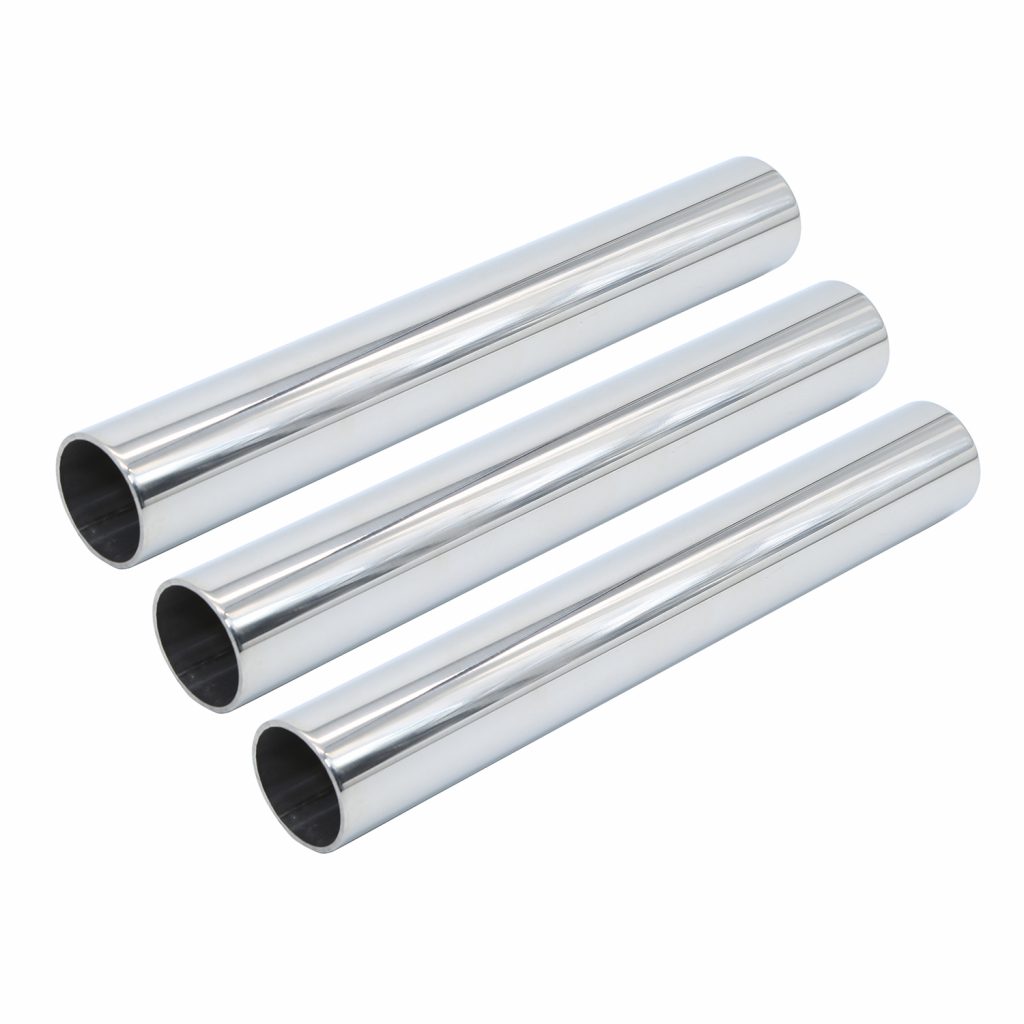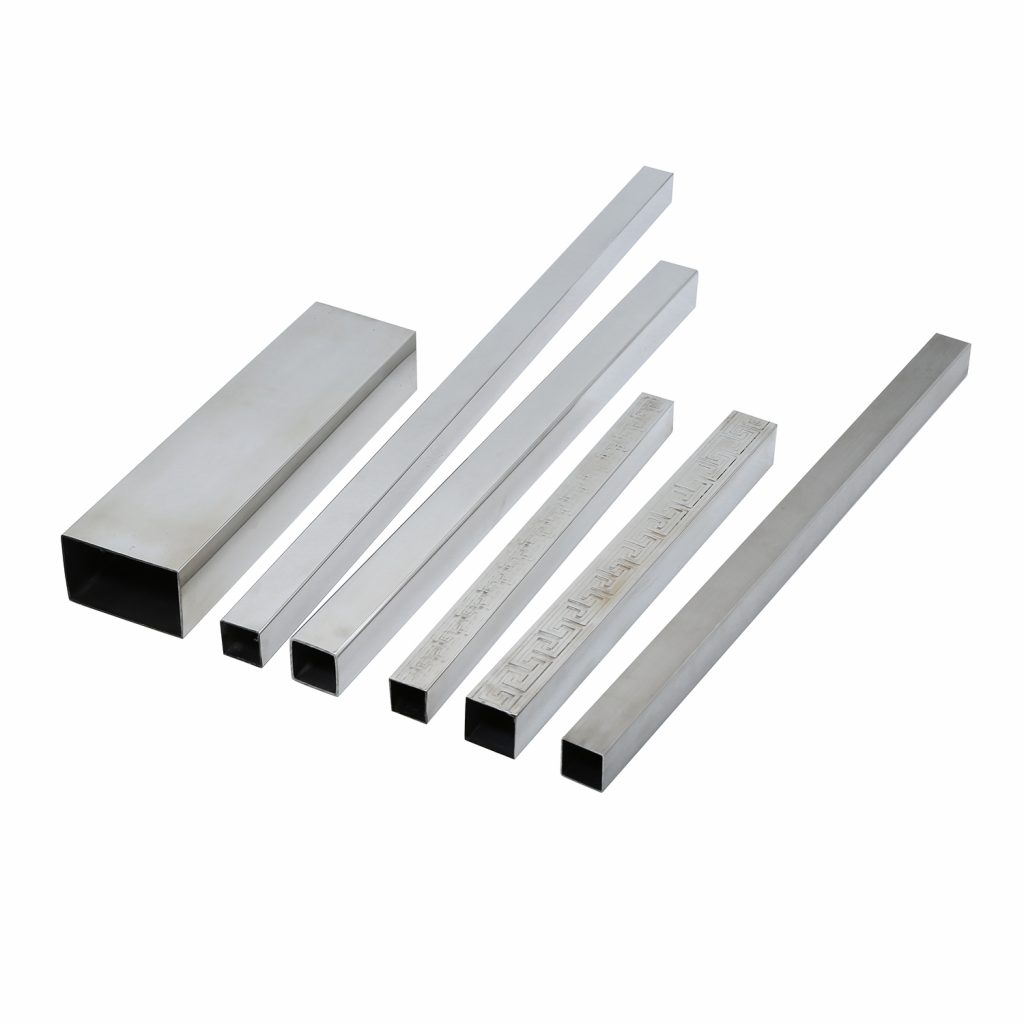Did you know that over 50% of the stainless steel produced globally is made from a single grade? That’s right! Enter the world of 304 stainless steel tubes, which are not just popular but also incredibly versatile. With their remarkable resistance to corrosion and high temperatures, these tubes have become a staple in various industries—from construction to food processing.
The Marvels of 304 Stainless Steel Tubes
So, what makes 304 stainless steel tubes so special? Well, for starters, they boast excellent mechanical properties and can withstand harsh environments without breaking a sweat. Their ability to resist oxidation and maintain structural integrity under pressure makes them ideal for everything from plumbing systems to industrial applications. And let’s not forget about tariffs—these little financial hurdles can significantly impact how businesses source their materials. Understanding how tariffs affect the trade dynamics around these tubes is crucial for manufacturers looking to stay competitive.
Diving into HengXing Steel and Tariffs
Now let’s talk about HengXing Steel—a key player in the market when it comes to manufacturing quality stainless steel products. When it comes to tariffs, HengXing has navigated this complex landscape with finesse. They’ve managed to keep costs down while ensuring compliance with international regulations. This means that even with fluctuating tariff rates on imported goods, HengXing remains resilient by sourcing materials wisely and optimizing production processes. It’s all about staying ahead in an ever-changing economic environment!
The Characteristics of Stainless Steel Pipe Manufacturers Regarding Tariffs
- Sourcing Strategies: Many manufacturers are diversifying their supply chains to mitigate risks associated with tariffs.
- Cost Management: Effective cost management practices help companies absorb some tariff impacts without passing them onto consumers.
- Market Adaptability: Quick adaptation strategies allow manufacturers like HengXing Steel to respond promptly as tariff policies change.
- Circular Economy Practices: Some manufacturers focus on recycling scrap metal which helps reduce dependency on imported raw materials subject to tariffs.
- Liaison with Trade Experts: Collaborating closely with trade experts ensures they remain compliant while maximizing opportunities presented by changing tariff landscapes.
A Conclusive Takeaway

If there’s one thing I hope you take away from this discussion about 304 stainless steel tubes and their relationship with tariffs, it’s that understanding these factors is essential for anyone involved in manufacturing or procurement today. As we navigate through complexities like international trade barriers and material sourcing challenges, knowing how products like our beloved 304 stainless steel tube fit into this puzzle will empower us all—whether you’re running a business or simply curious about where your favorite products come from!
Click stainless steel pipe manufacturer.